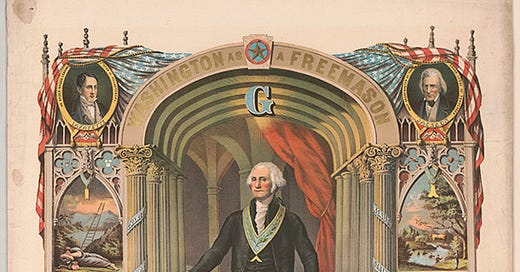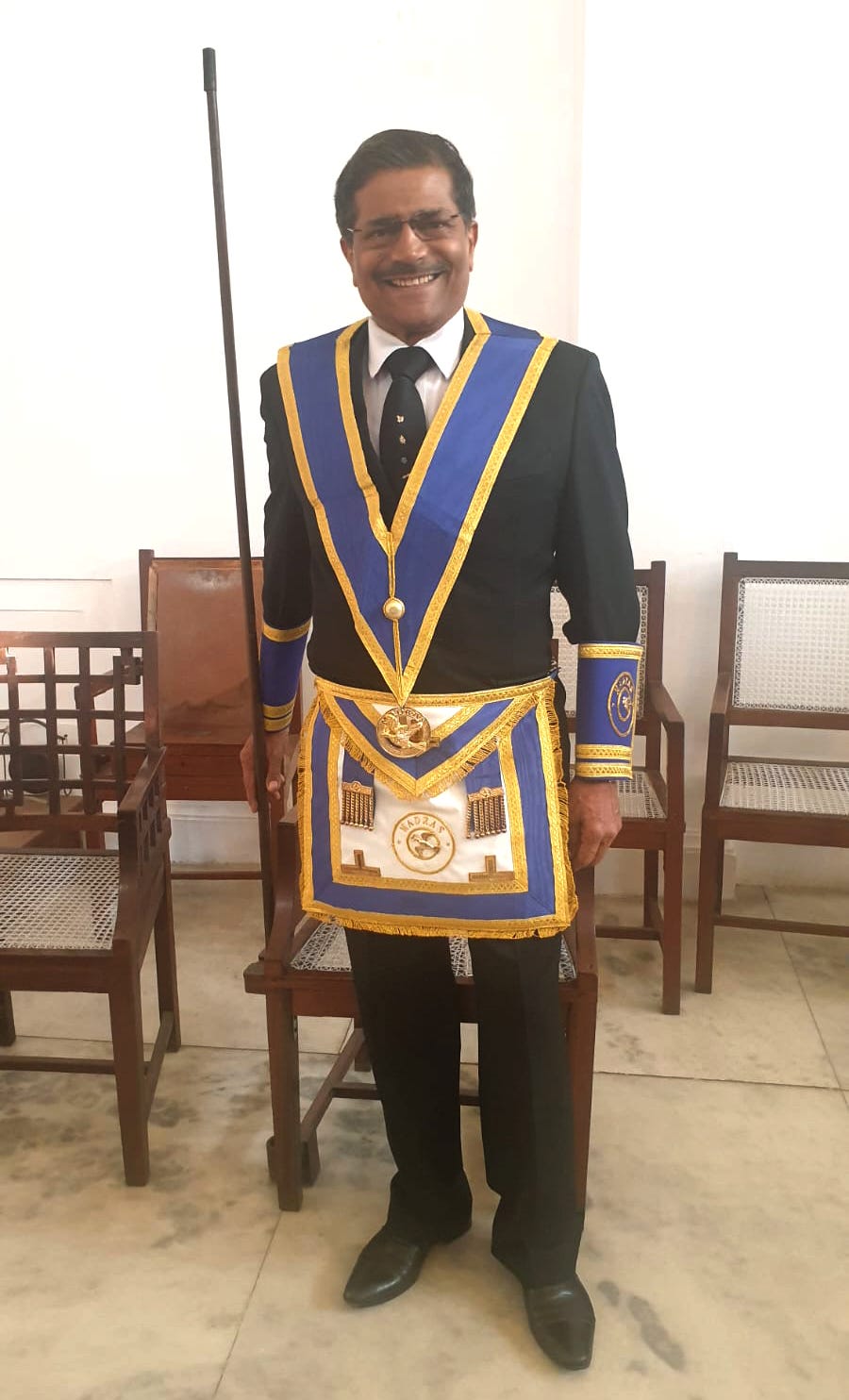Chennai
FC 234 elicited insightful comments. Let me share them with you, briefly.
Shanti Dugar, a long-time Aditya Birla colleague and author of ‘Pearls of Wisdom- Secrets of Success and Living a Quality Life’ says: “Fantastic read Pras! I liked how you explained that every relationship teaches positive or negative lessons. A good relationship inspires us positively and a bad relationship teaches us some life lessons to be more careful and alert in future. You are one such person in my life, who has inspired me. I am writing an autobiography recalling people whom I had worked with and you are one of them! I always enjoy reading your posts which provide many interesting insights.”
Tarun Kunzru: “Following a path is safer and different from creating one. The path of creation is fraught with risk but fertile with sharp learning curves, both, good and bad. Being a path follower earlier in my life taught me best practices and interaction with well-healed and educated people, which was awesome. Later in life, I tried my hands at entrepreneurship which made me realise that skill sets here are dramatically different and helped me get a more objective assessment of myself. Whichever path one chooses the key ingredient for success is to be a keen learner and have the drive to push forward. The realization that there is no destination, just a series of experiences, keeps one going.”
Jayachandran, another fellow Brooke Bonder, writes: “I think one usually tends to value and cherish positive experiences in life a lot more than negative ones. For us to evolve and become better persons, negative experiences are perhaps more important as otherwise, we could become overconfident in the belief that we have evolved.”
Lakshmi Raman: “We learn from everyone who crosses our path, whether they have been positive or negative influences. I remember to this day, one Mr Swamy, who worked in the gas agency — in the days when getting a gas connection was like being able to buy gold on Akshaya Tritiya! I did not have the Rs.500 deposit money to get the gas connection and told him so. He said 'No problem, I will pay it' and did so without further ado. He did not know me, but was kind to me, a woman in distress. The goodness of human beings who cross our paths, however fleetingly, is what keeps me trusting people, despite the many bad eggs I encounter in life.”
🏰 Freemasonry
I am in Chennai for the meeting of the District Grand Lodge, a body of freemasons. I have been a Freemason since 1986 and I belong to the Lodge of Southern Brotherhood. We meet every month at the Freemasons Hall on Primrose Road, Bangalore.
I have been asked several times as to what we are, what we do and what we stand for. I thought this is an opportune context to share with you some of the features and aspects of Freemasonry. Please read on, though it requires a bit of patience:)
Freemasonry is one of the world’s oldest social and charitable organisations, with its origins rooted in the traditions of the medieval stonemasons who built our cathedrals and castles.
It is here, that a number of the famous elements of Freemasonry find their roots. In the medieval era, stonemasons often travelled around to find work in different locations. To demonstrate their level of qualification, they would use grips, words and signs to distinguish themselves from unqualified builders.
Freemasonry uses building analogies to teach members how to lead productive lives that benefit the communities in which they live. In the medieval era, stonemasons wore aprons and gloves to protect themselves while working on shaping rough pieces of stone, but in today’s society Freemasons meet to build friendships and communities rather than cathedrals and castles.
The history of Freemasonry traces back to the early 17th century, with the formation of the Grand Lodge of England in 1717 being a significant turning point. However, the origins of Freemasonry range from ancient builders to medieval stonemasons. Regardless of its exact beginnings, Freemasonry has played a prominent role in shaping social, political, and cultural landscapes throughout history. From its symbolic ceremonies and moral teachings to its influence on enlightenment ideals, Freemasonry continues to intrigue and captivate individuals around the world.
When becoming a Freemason, members are expected to be able to affirm a belief in a ‘Supreme Being’. This is deliberately phrased to be fully inclusive, and we celebrate the diverse nature of the beliefs of our members. There is no requirement to be an active practitioner of any particular religion.
What do Freemasons believe?
For Freemasons, four important values help define their path through life: Integrity, Friendship, Respect and Service. In today’s world filled with uncertainty, these principles ring as true now as they have at any point in the organisation’s history.
Integrity:
Freemasons are focused on building themselves as people of integrity, and membership provides the structure to help achieve that goal. Being a Freemason gives members a sense of purpose, supporting and guiding them on their journey through life. Collectively, members are bonded through an understanding of unity and equitability – principles fundamental to Freemasonry.
Friendship:
Freemasonry provides the common foundation for friendships between members, many of which will last for life. Being a Freemason means something different to each person who joins, but whether looking to make acquaintances or develop their potential, all members share a sense of togetherness that strengthens their ability to succeed and grow.
Respect:
Freemasonry brings people together irrespective of their race, religion, or other perceived differences that can divide us as a society. Members are expected to be of high moral standing and are encouraged to talk openly about what the organisation does and what it means to be part of it.
Service:
Whether participating in events, fundraising for a charitable cause or volunteering for public or community organisations, service is at the very heart of Freemasonry. Our members make valuable contributions by donating time, resources and skills.
What happens at a Lodge meeting?
Freemasonry is organised in smaller units of members, called Lodges, where meetings are held, and members gather together. A Freemason Lodge is a place where members will spend a significant part of their journey in Freemasonry and each member can freely choose the Lodge they wish to be part of.
Lodge meetings are typically held in two parts. The first involves more administrative procedures, such as proposing and balloting for new members and receiving news about charitable fundraising. The second part focuses on ceremonies, which might relate to areas such as the admittance of new members or the installation of the Master of the Lodge and his officers – a process made up of three degrees, or stages, each marked by a special ceremony.
Our ceremonies are based on three principles that are still taught in our ceremonies today: look after those less fortunate, improve yourself and live life well to be remembered for the right reasons. True to the sense of friendship and togetherness among Freemasons, meetings are also social events, providing an occasion for members to dine together. Outside of the Lodge, activities include community fundraising and volunteering activities, as well as a varied programme of events where spouses, partners and families are welcome.
Here’s how I look in the masonic regalia.
The Three Degrees of Freemasonry
When a person is initiated into Freemasonry, they complete the First Degree. At this point, they become an 'Entered Apprentice'. The First Degree ceremony reminds us that all are equal – it is the responsibility of those that do well to look after those less fortunate.
Upon completion of the Second Degree, a member becomes a 'Fellowcraft Freemason'. This encourages members to better themselves through education and focuses on self-development.
After this, the member will then undertake the Third Degree. This ceremony teaches them how to use their life wisely and be remembered for the right reasons. On completion, they become a Master Mason.
We are part of the English Constitution but there are also lodges which follow the Scottish and Irish Constitutions. By ‘constitution’ I don’t mean the constitution of the country but the Constitution of the respective Lodges.
Freemasonry is not, contrary to popular perception, a men’s domain. It has been open to women for a long time. The principles are all the same. If you are keen to know more, please visit 🔗The Order of Women Freemasons.
Lodge Bharati is the lodge of freemasons for women in New Delhi. To know more please visit 🔗A year in the life of Lodge Bharati 56.
I hope you found this interesting. I look forward to your comments. Particularly if in your family someone is a mason.
Until next week, please take good care.







Thanks Prasanna, you inspired me to become one:)
Bro Prasanna
Very well enunciated. It will dispel the cloak and dagger and other myths people may have about Freemasonry.